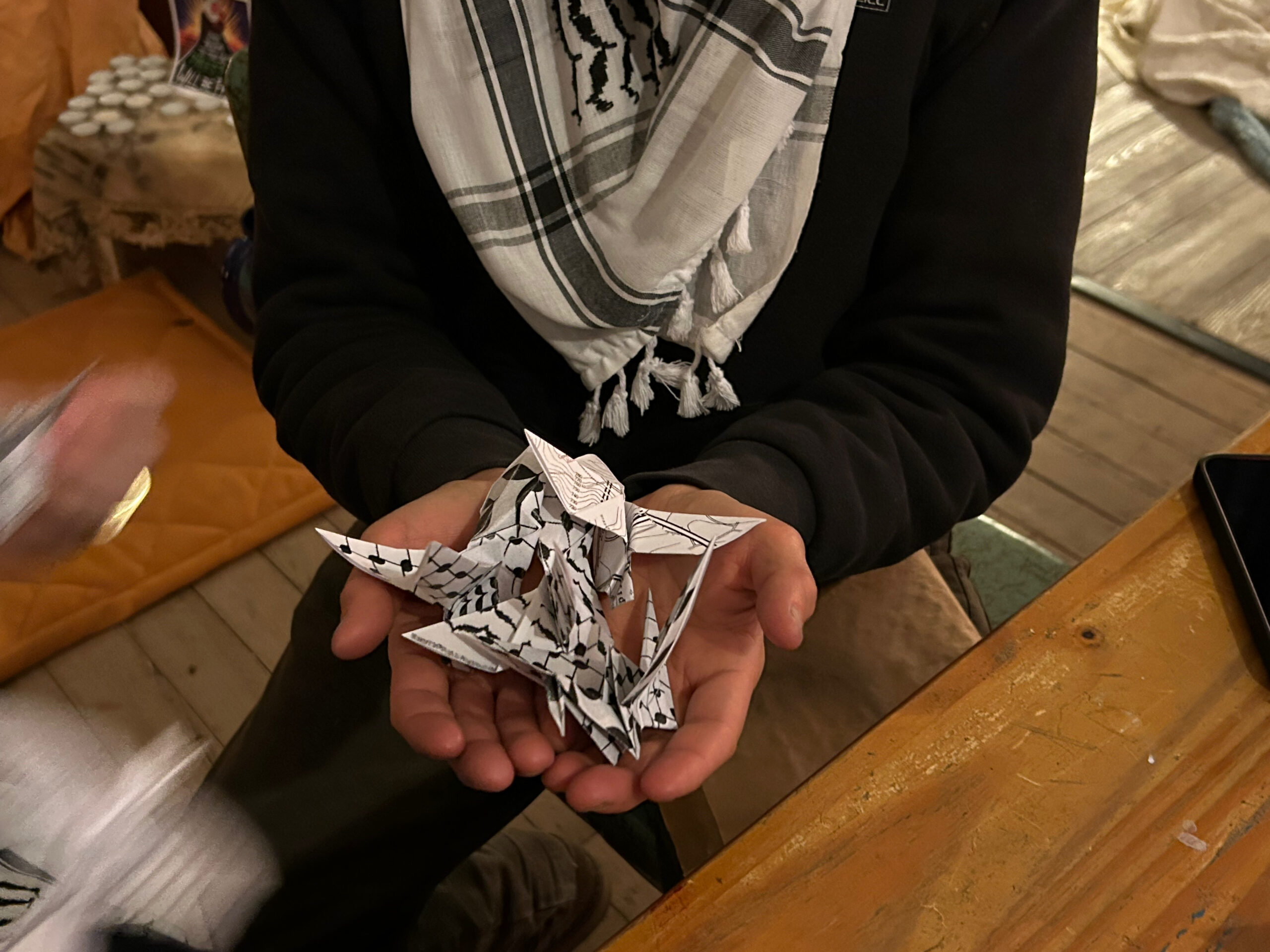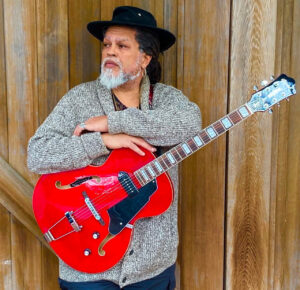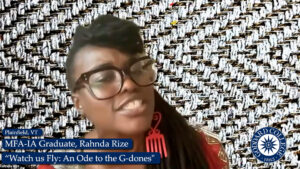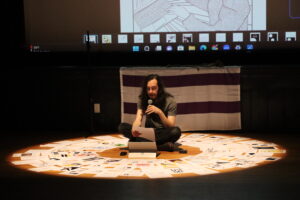
A global transformation is underway.
Petrocapitalism is unravelling at the seams and in its stead, bartering and mutual aid networks, cooperative and solidarity economies, and Indigenous economies are being built and strengthened across our communities. White supremacy appears to be losing some ground (literally in Oklahoma) to BIPOC (Black, Indigenous, and People of Color) and other racialized communities. And with a massive pandemic, Gaia could be shaking us annoying humans off their skin.
Author and political activist Arundhati Roy urges us to approach this pandemic as a portal.
Historically, pandemics have forced humans to break with the past and imagine the world anew. This one is no different. It is a portal, a gateway between one world and the next.
We can choose to walk through it, dragging the carcasses of our prejudice and hatred, our avarice, our data banks and dead ideas, our dead rivers and smoky skies behind us.
Or we can walk through lightly, with little luggage, ready to imagine another world.
And ready to fight for it.
In imagining a new world, we also must consider what is needed to rebuild the world. Many BIPOC organizers assert that we don’t want to go back to a world that normalized white supremacy, violence and injustice.
As author and poet Dionne Brand notes:
Those in power keep invoking “the normal” as in “when we get back to normal.” I’ve developed an aversion to that word normal. Of course, I understand the more benign meanings of normal; having dinner with friends, going to the movies, going back to work (not so benign). However, I have never used it with any confidence in the first place; now, I find it noxious. The repetition of “when things return to normal” as if that normal, was not in contention. Was the violence against women normal? Was the anti-Black and anti-Indigenous racism normal? Was white supremacy normal? Was the homelessness growing on the streets normal? Were homophobia and transphobia normal? Were pervasive surveillance and policing of Black and Indigenous and people of colour normal? Yes, I suppose all of that was normal. But, I and many other people hate that normal. Who would one have to be to sit in that normal restfully, to mourn it, or to desire its continuance?
So, what skills do we need to learn to break out of this oppressive “normal”? What do we need to allow the pandemic to transform us, individually and collectively, in order to remake and fight for the world?
- To shift the dominance of individualism to a culture of communality and reciprocity.
- To transform the preoccupation with the material world, and the illusion of separation from the spiritual, to one of holism grounded in an understanding of sacred soil; non-dualism; no separation between self and other.
- To learn somatic agility to become active co-conspirators.
- To practice new economies within ourselves and within our communities — how do we use energy? In what ways do we become succinct and energy efficient? How do we budget our time and our resources? In what ways do we nourish our personal and social human resources?
- To gain understanding of where we are in our growth and development — if this pandemic is a rite of passage, one that is demanding of us to become urgently present and attentive to the danger and possible death we are faced with. What new new life skills are we having to learn with speed and accuracy as ways to adapt to the changes that are happening for you and your community’s survival?
- To cultivate practical skills to change policies, redesign our webs (for example, the “wood wide web” that McFarlane refers to in “Understory”, Emergence Magazine), and revitalize ancestral knowledge, as Hawaiian scholar, Manulani Meyer believes “Indigenous culture will save this planet.” She writes, “If knowledge is power, understanding is liberation.”
Our task ahead is to learn specific skills to build our new house, our new society. What does that house look like to you, and what new skills do you need to learn? What skills can you offer?
This piece was authored by faculty in anticipation of the MFA in Interdisciplinary Arts 2020 Fall Residency in Port Townsend, WA. The residency themes are designed to inspire discussions, create unseen connections, and push students to evaluate their impact within their local communities and the world.
The MFA in Interdisciplinary Arts program lets students re-imagine together the world and build anew, and explores ways for students to actively participate and contribute with values based in justice, responsibility for the commons, and respect for the continuum of life. Find out more about this unique low-residency program at https://www.goddard.edu/academics/master-fine-arts-interdisciplinary-arts/ or inquire at Get Info







